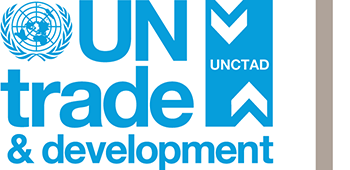During the COVID-19 crisis, swaps between central banks played a major role in providing short term liquidity – accounting for almost 95 per cent of the value of transactions provided by the Global Financial Safety Net (GFSN). In the discussion below, we set out a description of these swaps, the role they play and how they came to be so important.
